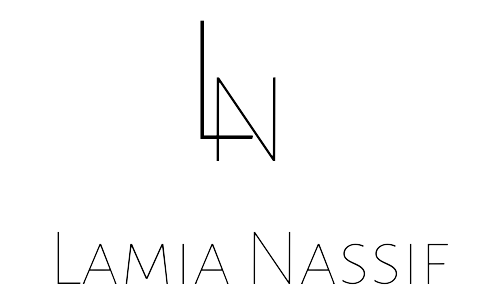Welcome to “Beyond The Buzzword”, a recurring segment where we will unpack key terms so we can
recognize who is greenwashing and who is not. Today, we are busting the myths around “ethical
fashion”.
Beyond The Buzzword: Ethical fashion
“Vegan”, “fair”, “organic”, “cruelty free”, “recycled”, “sustainable” … and the list goes on. We can’t
visit any brands’ website or store, from luxury to fast fashion, without finding these labels that ease
our conscious about adding that little summer cotton dress with a matching leather bag to the cart
and checking out … but don’t we dare ask for any explanations. Open that door and we will be either
met with dismissive silence or buried in empty technical jargon. Behind the overused and misused
words are empty promises and marketing rhetoric. The fashion industry, well most of it, wants us to
shop the illusion of “sustainability”, “recycled”, etc. Awareness on our end is key. For instance, did
you know that all the labels mentioned so far fall under the umbrella of “ethical fashion”?
In a nutshell, an “ethical fashion” brand is a brand that puts people, planet, and animals on an equal
pedestal and before its financial profit. Therefore, the three pillars of “ethical fashion” are “fair
fashion”, “sustainable fashion”, and “vegan fashion”.
1- Fair Fashion
It focuses on the wellbeing of the people working in the industry by ensuring their basic human rights
and providing them with living wages, decent working conditions, and career prospects.
2- Sustainable fashion
It focuses on the wellbeing of the planet impacted by the industry by producing less frequently,
searching for alternative raw material sources, and implementing new manufacturing processes with
lower environmental impacts.
3- Vegan fashion
It focuses on the wellbeing of animals impacted by the industry by eliminating the usage of their
byproducts. It is important to note that, material made out of a petroleum derivatives are not vegan,
since they have indirect negative impact on the animals.
The challenge doesn’t end at holistically understanding “ethical fashion”. The most difficult part is
upholding and maintaining these ethical standards throughout the supply chain; especially during
sourcing and processing raw materials, manufacturing, and transportation. Instead of using
genetically modified cotton that is harmful to its surrounding ecosystem and cultivated by underpaid
farmers why not opt for certified organic cotton grown by empowered farmers during textile
manufacturing. Instead of sewing in 30 seconds a cheap dupe thrown-after-one-wash piece by
overworked garment workers in a collapsing building, why not take the time to come up with an
original design, slowly sown to perfection by master tailors to provide maximum quality and endure
the test of time. Instead of shopping and receiving parcels from the other side of the globe why not
hunt and search locally to avoid all the unnecessary CO2 emissions … and the list goes on.
Being ethical is a life-time commitment demanding great transparency and traceability, that are sadly
not fully achievable yet. Nevertheless, some brands, local and international, are trying their outmost
best to move towards “total ethics”. Therefore, it is our duty, as shoppers, to match their effort in
committing time and researching to out those who are green and ethics washing. To help you out,
here is a rule of thumb. If a brand sees clothes as disposable resources, then it is not ethical. So, be
relentless when asking questions and seeking answers so we can move beyond the buzzword and
commit to total ethics!
Written by: Christelle from The Way It’s Worn


No comment yet, add your voice below!